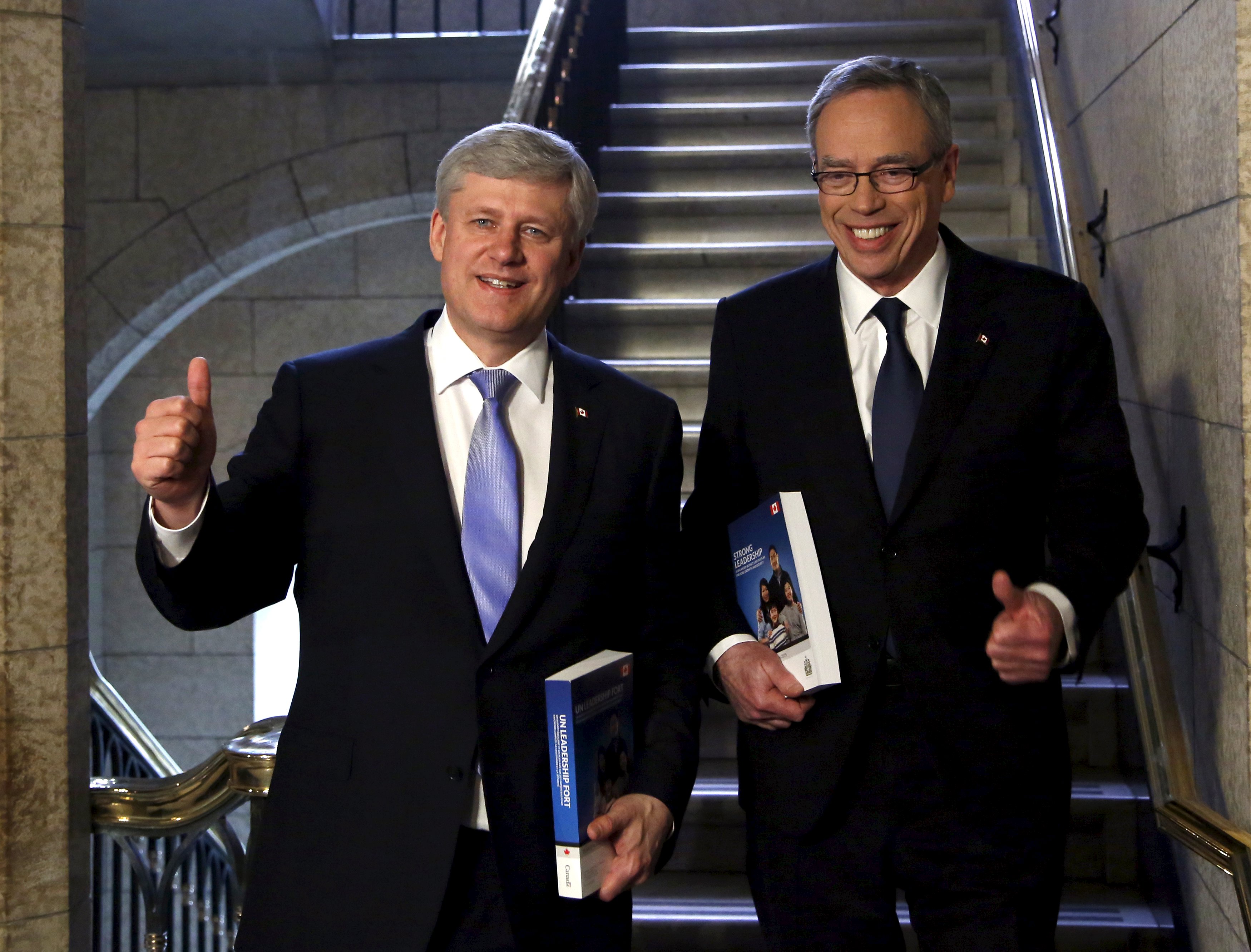Conservatives mused evil carbon tax in 2008
The Conservatives have spent the past few elections and inter-election periods demonizing a carbon tax that they themselves have promoted. At a Canada-UK Chamber of Commence meeting on May 29, 2008, Stephen Harper said that his government has applied a $65 per ton price on carbon, which we all know translates to a $65 per ton tax on carbon which is a carbon tax.
On the Prime Minister’s official website, Stephen Harper discussed the necessity of a price on carbon, while arguing that it wasn’t a carbon tax.
“As we negotiate an international climate change treaty, we believe strongly that these are standards that should also be applied globally. I should mention that while our plan will effectively establish a price on carbon of $65 a tonne, growing to that rate over the next decade, our Government has opted not to apply carbon taxes.”
The reality remains that if you charge a price on something as a government, you are in effect, charging a tax – whether you want to call it one or not. Harper continues his argument,
“Carbon taxes will establish certainty about price, but not about outcomes. The central purpose of our plan is to create certainty about emissions reductions, not to raise revenue for the government. Our plan will compel industry not just to pay for their carbon emissions but to actually reduce them. Industry has told us they want and they need certainty. Our framework provides that. Clear targets, realistic timelines, fair across the board application. Now industry knows what they need to do and when they need to do it.”
Stating that the plan will “compel industry not just to pay for their carbon emissions but to actually reduce them,” Harper essentially means that it is a tax because without enforcement, Harper will get neither revenue or emissions reductions since his premise is that this price on carbon will lead to a “certainty about emissions reductions.” Reading between the lines, doesn’t this sound like he is trying to hide a carbon tax?
Canadians sent a clear message in 2008, by giving the Conservatives an increased seat count and increased portion of popular vote, that they did not want a carbon tax, which at the time was being promoted by the Liberal Party headed by Stephane Dion.
It is funny how in this same period of time where the Conservatives have claimed that deficits were new and carbon taxes were bad that Canada had been in deficit earlier that year and Canada had been promoting a $65 per ton carbon tax overseas.
Now, the Conservatives have targeted their carbon tax rhetoric at the NDP, without realizing that their previous statements were traceable. Funny enough, it is the people that claim to be against a carbon tax and against increases in spending that are responsible for the biggest deficit in history – that was primarily caused by spending from 2006 to 2008 and before even denouncing the carbon tax, were advocating it themselves.
The Conservatives may have the majority of the country fooled, but being blindsided is only temporary as eventually the truth does surface – like the truth about the deficits, and now the truth about carbon taxes. It would be nice to know when we can drag Finance Minister Jim Flaherty and Prime Minister Stephen Harper through committees to find out why a $13 billion surplus disappeared in under 2 years and how they can justify all of their comments on carbon taxes when they promoted it themselves.
The Conservatives love taxes, after establishing the 7% GST under Mulroney in the early 1990s, the Conservatives have effectively created the $65 per ton tax on carbon. What’s next?




